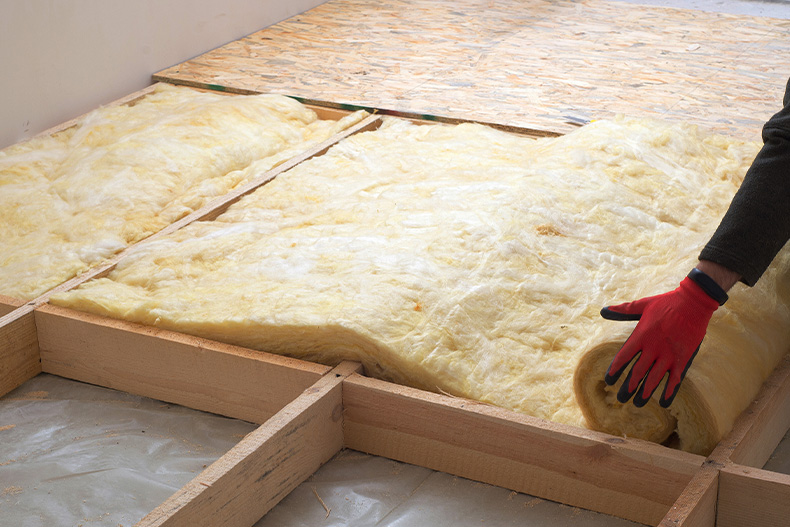So you’ve turned the thermostat down a few degrees, only run full loads of laundry, and are generally conscientious about your energy use. But taking the time to methodically perform a DIY energy audit can help you save even more. Start with the areas that make sense for you.
Air Leaks
Check for gaps along the baseboard or edge of the flooring, and where the walls and ceiling meet. Check windows and doors, lighting and plumbing fixtures, and electrical outlets. Seal any leaks you find with caulk or weather stripping, and consider foam gaskets for electrical outlets.
Attic Insulation
Make sure your attic hatch is insulated, weather-stripped, and closes tightly. In the attic, determine if pipes and ductwork are sealed, and close any gaps with an expanding foam caulk or similar permanent sealant. Check to see if there is a vapor barrier under the attic insulation, such as tarpaper or a plastic sheet. If not, consider painting the interior ceilings with vapor barrier paint. This will reduce the amount of water vapor that can pass through the ceiling, preventing structural damage and improving the effectiveness of the insulation. Make sure that attic vents aren’t blocked by insulation, and that the entire attic floor is covered with insulation with an R-value of 38.
Crawl Space or Basement
If yours is unconditioned and open, you should have insulation under the living area flooring with a recommended R-value of 25. If your sub-space is enclosed with heating and cooling appliances and ductwork, you should probably insulate the sub-space perimeter rather than the living room floor. The insulation at the top of the foundation wall and first-floor perimeter should have an R-value of 19 or greater. If the basement is intentionally conditioned, the foundation walls should also be insulated to at least R-19. Your water heater, hot water pipes, and furnace ducts should all be insulated.
More detail on conducting your home energy audit is available at energy.gov, and as always, BEMC energy experts are available to answer your questions at (800) 842-5871.
More ways to save energy
Brunswick Electric provides several resources to help you determine how you use energy at your home or business, with advice on how you can reduce your electric bill.


